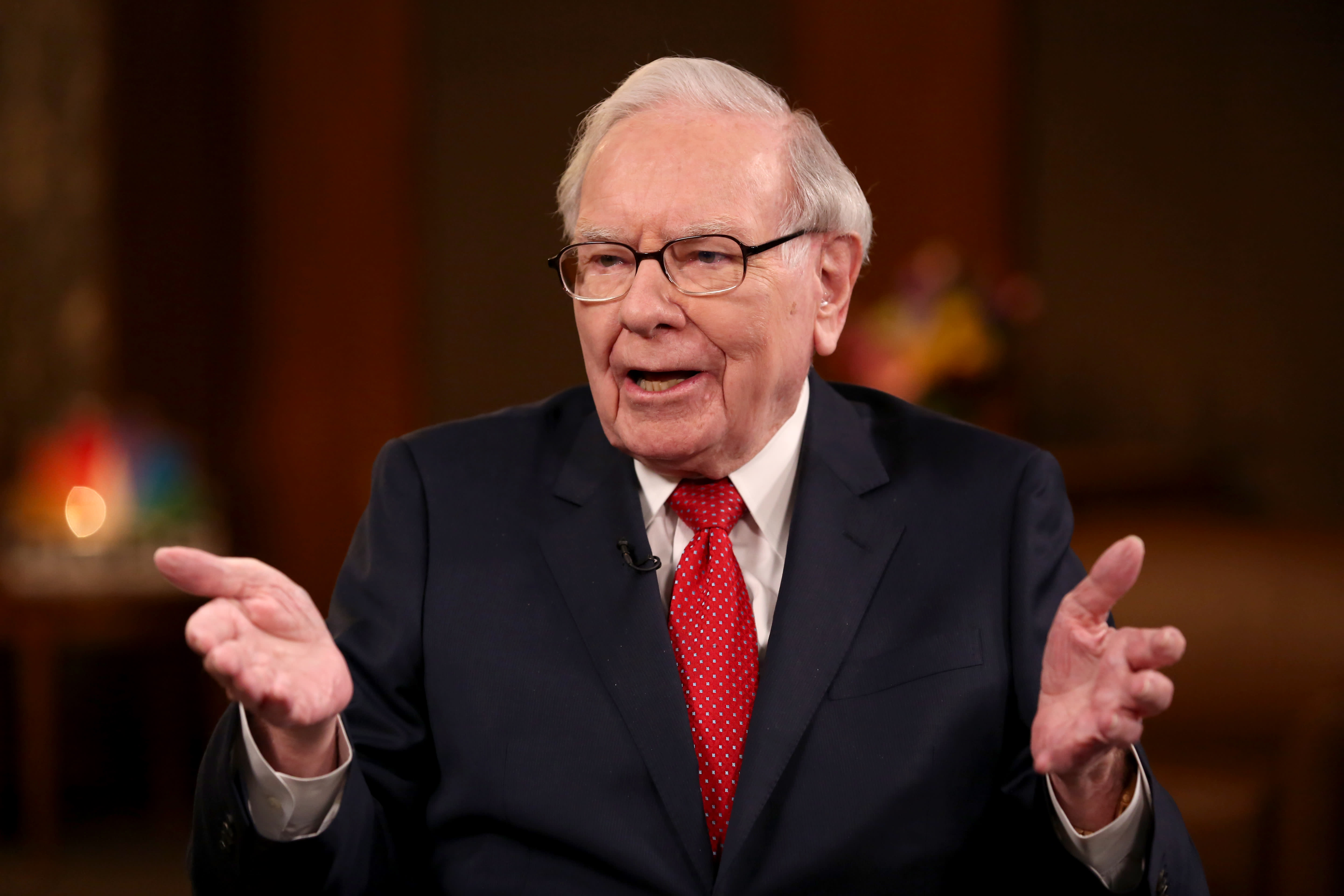When Berkshire Hathaway CEO Warren Buffett speaks with college kids, he offers a piece of valuable career advice: Seek personal fulfilment over pure profit.
That means pursuing a job that you actually enjoy, in a workplace with talented people you actively admire, Buffett wrote on Saturday in his annual letter to shareholders. Or, to put it another way, he advised: Job seekers should seek employment in the field “they would select if they had no need for money.”
“Economic realities, I acknowledge, may interfere with that kind of search,” Buffett continued. “Even so, I urge the students never to give up the quest, for when they find that sort of job, they will no longer be ‘working.'”
The 91-year-old billionaire — currently the world’s fifth-richest person, with a net worth of $114.7 billion, according to Forbes — speaks from personal experience. In his letter, Buffett wrote that he and his business partner Charlie Munger, Berkshire’s vice chair, both started as “part-timers” at his grandfather’s grocery store in the early 1940s, where they were “assigned boring tasks and paid little.”
“Job satisfaction continued to elude” them, Buffett wrote, even as they branched out into selling securities and law, respectively. That changed when the duo “found what [they loved] to do” at Berkshire, which Buffett purchased in 1965, forcing the company’s previous management out.
At the time, Berkshire was a struggling textiles company. Today, it’s an investment and holding company that owns or holds long-term stakes in businesses like Geico, Fruit of the Loom, American Express and Coca-Cola. It has a market capitalization of $708.61 billion, as of Tuesday morning.
Buffett’s wealth is largely due to Berkshire’s most recent decades of financial success, and in his letter, Buffett partially attributed that success to finding people he and Munger enjoy working with. “We employ decent and talented people — no jerks,” Buffett wrote. “Turnover averages, perhaps, one person per year.”
Berkshire may have been ahead of the curve in that regard: Low turnover is becoming increasingly well-known as a recipe for particularly productive and profitable workplaces. As CNBC Make It recently noted, “enthusiastic stayers” — who make up a third of the workforce — are more engaged, more productive and help businesses become more profitable, according to December 2020 research published in the Journal of Managerial Issues.
Buffett seemingly agrees with those findings.
“With very few exceptions, we have now ‘worked’ for many decades with people whom we like and trust,” he wrote. “It’s a joy in life.”
Sign up now: Get smarter about your money and career with our weekly newsletter
Don’t miss:
Warren Buffett and Charlie Munger: ‘We made a lot of money’ but here’s ‘what we really wanted’
